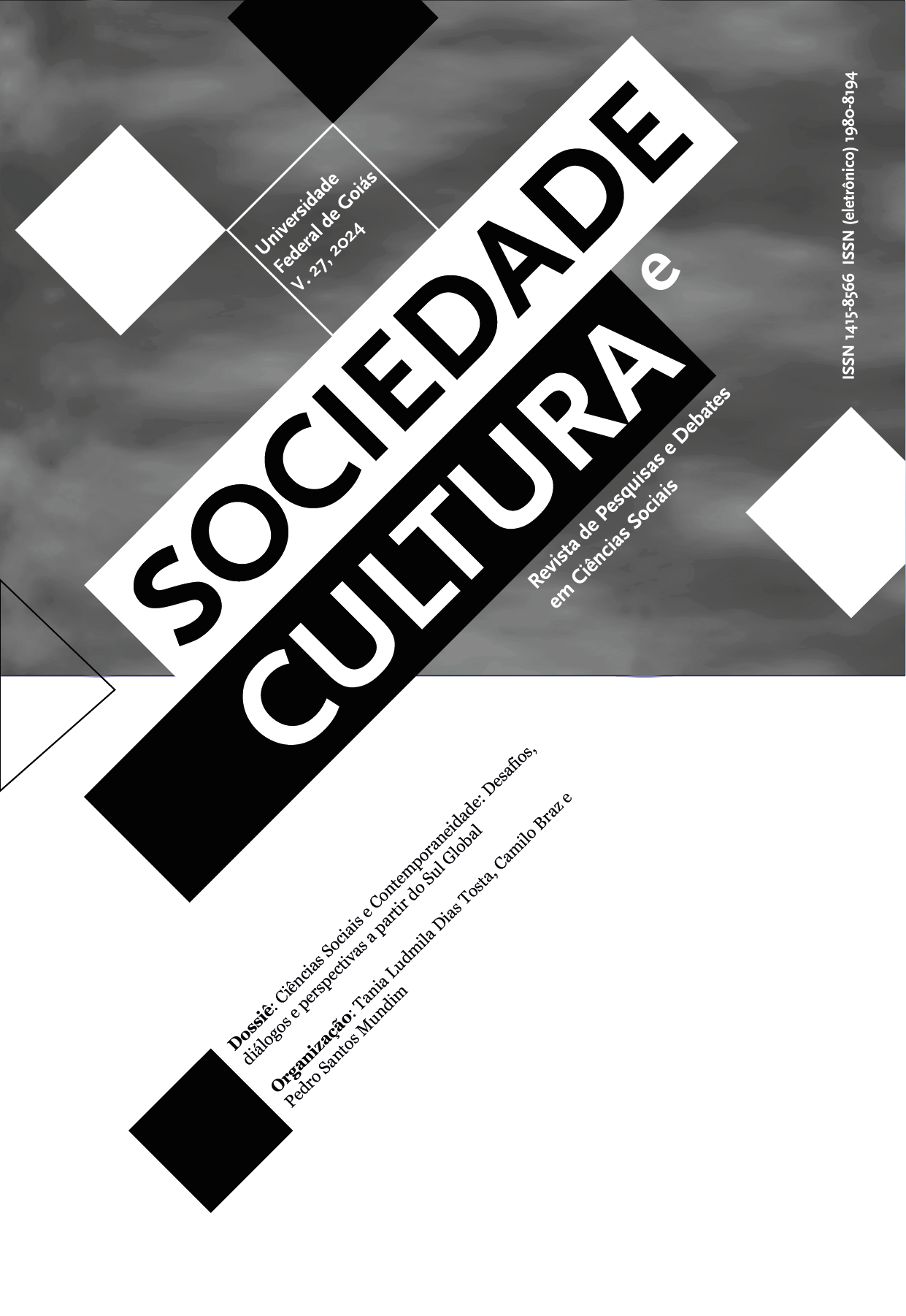The diagnosis of celiac disease as a turning point in food choices and new foodways
DOI:
https://doi.org/10.5216/sec.v27.77467Abstract
This qualitative study aimed to understand how food choices and practices occur in the daily and social lives of people who have celiac disease (CD). Seventeen participants were interviewed. The Food Choice Process Model was adopted as a theoretical framework for the Content Analysis. Diagnosis was a turning point, that led to changes in the personal food choice systems, either abruptly or gradually. Having CD affected moments of commensality and generated constant negotiations for safe food choices. Health was the main determinant that guided food choices and practices, interrelated with the other four determinants: availability, cost, relationship management, and know-how.
Downloads
Download data is not yet available.
Downloads
Published
2024-10-15
How to Cite
NEIS ELESBÃO, Tatiana; RIDEL JUZWIAK, Claudia. The diagnosis of celiac disease as a turning point in food choices and new foodways. Sociedade e Cultura, Goiânia, v. 27, 2024. DOI: 10.5216/sec.v27.77467. Disponível em: https://revistas.ufg.br/fcs/article/view/77467. Acesso em: 9 feb. 2026.
Issue
Section
Free Articles
License
Authors who publish in this journal agree to the following terms:
- Authors retain the copyright and grant the journal the right of first publication, the work being simultaneously licensed under the Creative Commons Attribution License, which allows the sharing of the work with acknowledgment of authorship and of the initial publication in this journal;
- Authors are authorized to enter into additional contracts separately, for non-exclusive distribution of the version of the work published in this journal (eg, publishing in an institutional repository or as a book chapter), with acknowledgment of authorship and of the initial publication in this journal;
- Authors are allowed and encouraged to post and distribute their work online (eg, in institutional repositories or on their personal page) at any point before or during the editorial process, as this can bring productive change as well as increases the impact and the citation of the published work (see O Efeito do Acesso Livre).



